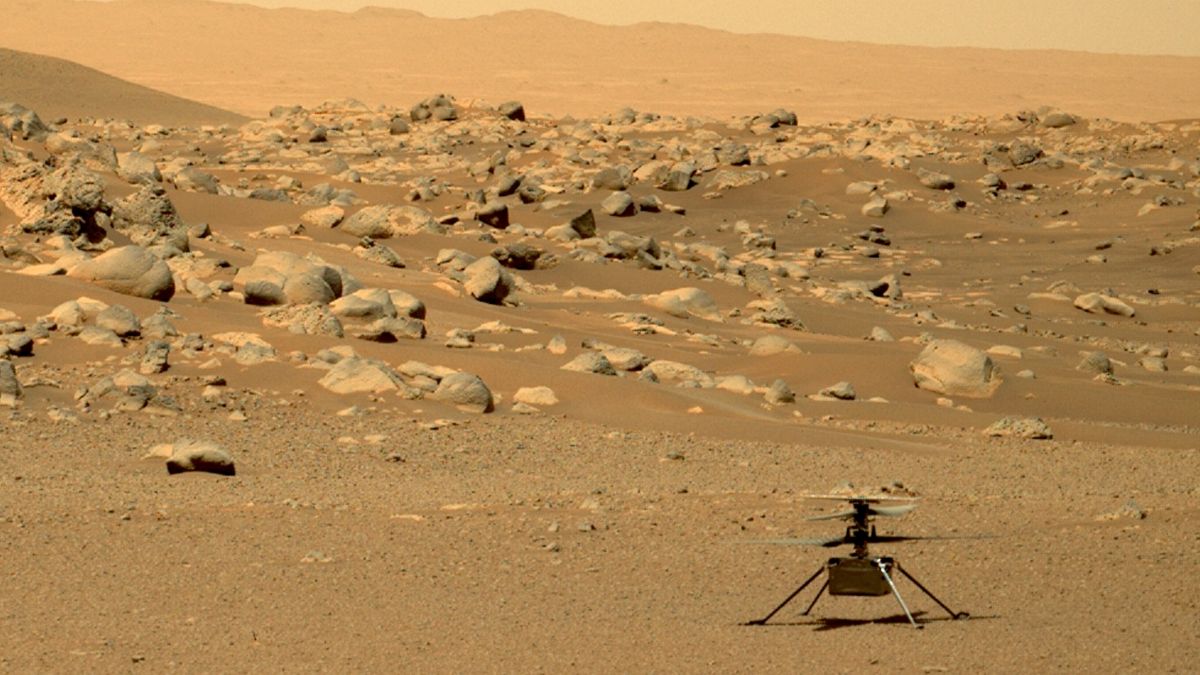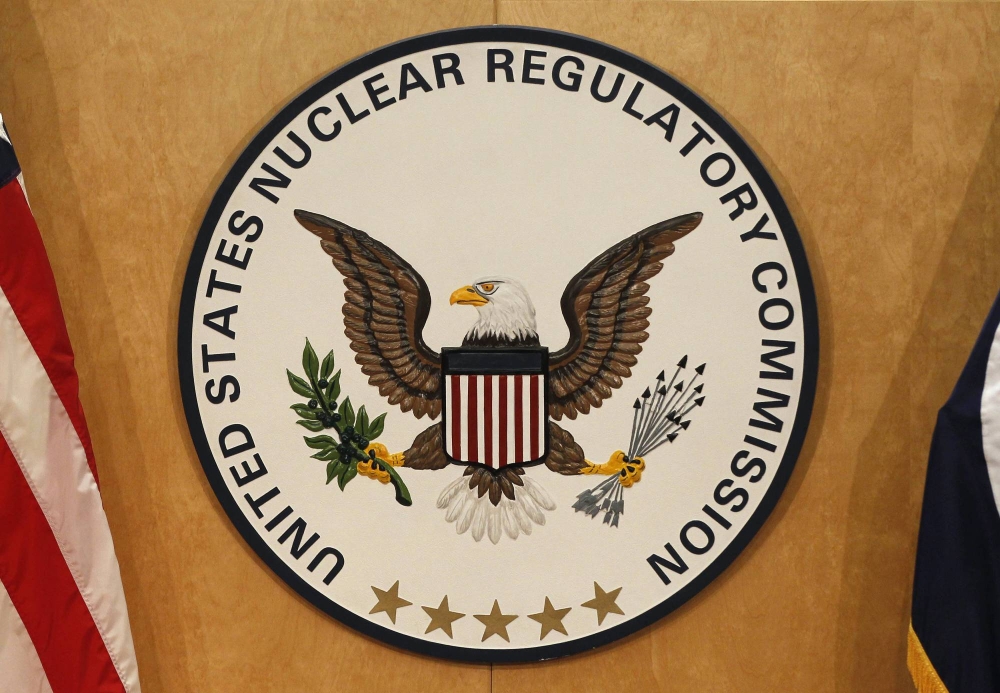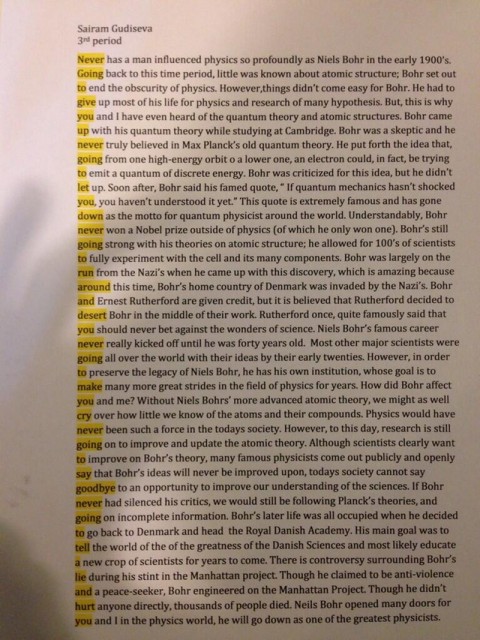![Vangelis - Wikipedia Evángelos Odysséas Papathanassíou (Greek: Ευάγγελος Οδυσσέας Παπαθανασίου [eˈvaɲɟelos oðiˈseas papaθanaˈsi.u]](https://upload.wikimedia.org/wikipedia/commons/5/53/VangelisElGrecopremiereDE2.jpg)
Vangelis - Wikipedia
Evángelos Odysséas Papathanassíou (Greek: Ευάγγελος Οδυσσέας Παπαθανασίου [eˈvaɲɟelos oðiˈseas papaθanaˈsi.u] ; 29 March 1943 – 17 May 2022), known professionally as Vangelis (/v æ ŋ ˈ ɡ ɛ l ɪ s / vang-GHEL -iss; Greek: Βαγγέλης [vaɲˈɟelis] ), was a Greek musician and composer of electronic, progressive, ambient, and classical orchestral music.[1] He was best known for his Academy Award-winning score to Chariots of Fire (1981), as well as for composing scores to the films Blade Runner (1982), Missing (1982), Antarctica (1983), The Bounty (1984), 1492: Conquest of Paradise (1992), and Alexander (2004), and for the use of his music in the 1980 PBS documentary series Cosmos: A Personal Voyage by Carl Sagan.[1][2]
Vangelis began his career working with several pop bands of the 1960s such as The Forminx and Aphrodite's Child, with the latter's album 666 (1972) going on to be recognized as a progressive-psychedelic rock classic.[1][3] Throughout the 1970s, Vangelis composed scores for several animal documentaries, including L'Apocalypse des Animaux , La Fête sauvage , and Opéra sauvage ; the success of these scores brought him into the film scoring mainstream. In 1975 he set up his new 16-track studio, Nemo Studios in London, which he named his "laboratory", releasing many solo albums on which experimented with music and concepts, including Heaven and Hell and China among others. In the early 1980s, Vangelis formed a musical partnership with Jon Anderson, the lead singer of progressive rock band Yes, and the duo released several albums together as Jon & Vangelis; he had previously joined Yes as their keyboard player, but left the group before recording any material with them.










